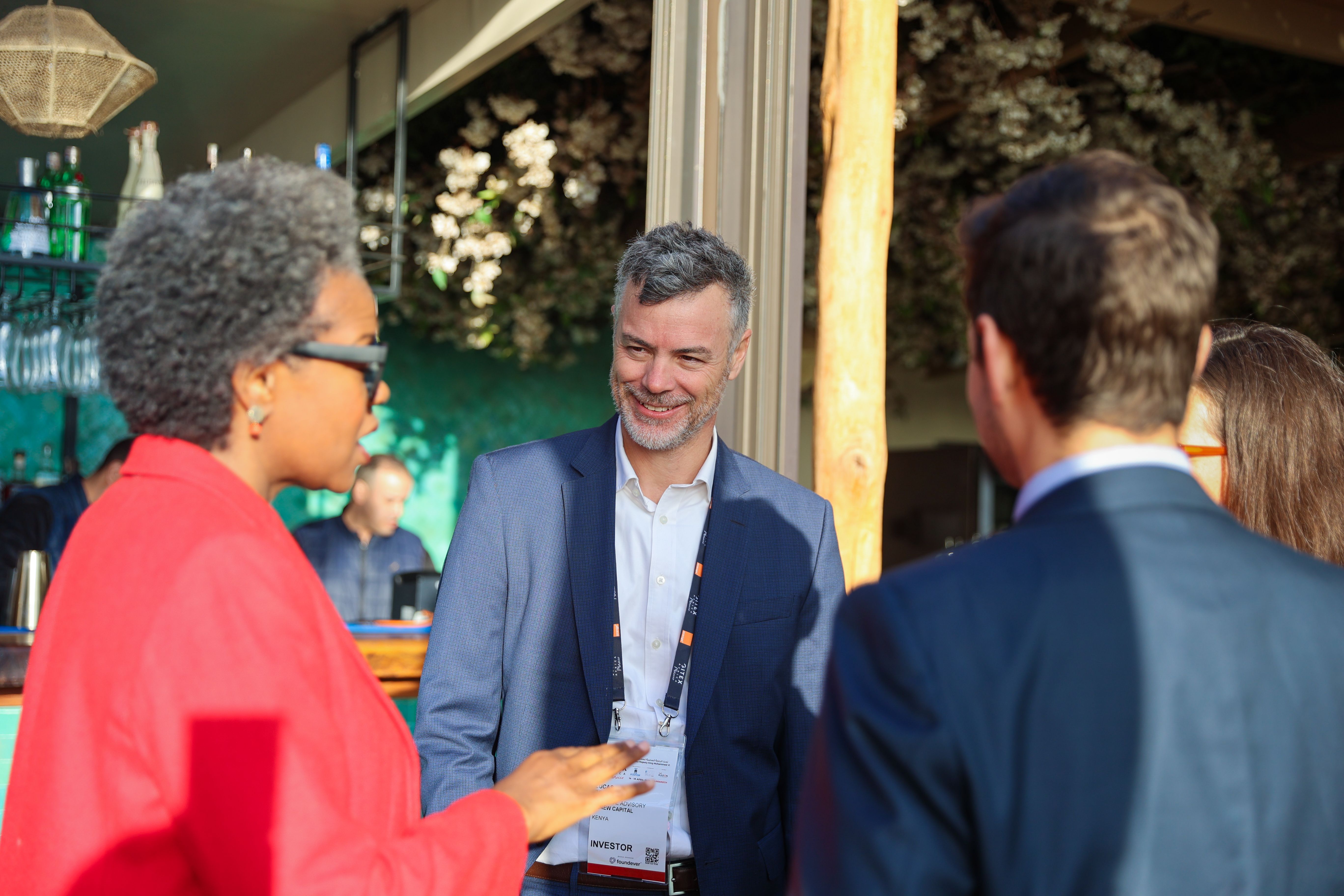Newsroom
Browse more
Mastering “The Flip”: A Guide for African Startups Seeking International Investment
By Lucas Robinson | Wed Apr 30 2025
Ready to learn more about mastering the flip? Check out Renew Capital's investment readiness training and our quick guide for establishing a Delaware corporation.

My 10-year-old is into gymnastics. She practices “flips” against the wall while I’m trying to get her to eat dinner. How can something so impressive be annoying at the same time? That’s not the kind of flip I want to talk about, though there is likely to be plenty of stamina involved.
In 2024, African startups raised $2.2B, according to Africa: The Big Deal but securing this funding often requires strategic decisions about where to incorporate. Approximately 60% of African startups are registered in the United States and for Nigerian startups, that number is 80%.
This preference for offshore incorporation is largely driven by investor requirements, legal frameworks and access to global capital.
“The flip” is a term commonly used by international investment firms that are focused on Africa. It refers to the process where African companies set up parent companies offshore, with the original African companies becoming wholly owned subsidiaries. It’s one of the first questions we ask companies who are seeking an investment from Renew Capital: “Do you have a holding company, and where is it registered?”
This isn’t a trivial question. Many investment firms insist that African startups be domiciled outside their primary area of operations—often in Delaware (the U.S.), Mauritius, Europe, etc.
Why? There are plenty of reasons: the predictability of legal systems thanks to well-established corporate governance laws, global intellectual property protections, access to robust dispute resolution mechanisms, and yes, sometimes it comes down to tax efficiency. It doesn’t stop there. For investors, there is also comfort in working within familiar legal systems, reduced currency risks, easier exits, IPO potential, fewer foreign exchange controls and frankly, avoiding corruption. These factors make “the flip” not just a preference but, for many investors, a de facto requirement.

Yet, for something so common, there’s surprisingly little data on how easy or difficult it is to flip a company.
Here’s the reality: Flipping is one of the most critical factors in attracting more startup funding to African countries, yet it’s often overlooked. Most policymakers I speak to do not have an idea of how long it takes to flip a company in their country.
I get it. Many African governments don’t like that this has become a de facto investment requirement. But it has. Almost every Venture Capital and Private Equity firm in the world will insist on it. Does this overlook the long-term value of supporting local ecosystems? That’s certainly a discussion worth having. Some organizations are working to make African jurisdictions more investor-friendly by improving legal frameworks, transparency and market infrastructure. At Renew Capital, an early-stage investment firm in Africa, we count ourselves in that group. Building entrepreneurial ecosystems is a worthy effort but it takes years—and it will take even longer to convince the global market that these changes are going to stick. By 2030, sub-Saharan Africa will account for half of new labor force entrants, requiring up to 15 million new jobs annually (IMF). Fostering private sector firm growth today is a major requirement for the region.
So in the meantime, the legal paths between many African countries and Delaware (and Mauritius, etc.) will continue to be well-trodden.
At Renew Capital, we have been conducting research across several countries to determine how long this process takes.
Step one is usually to register a new holding company (in the form of a corporation) in Delaware (as an example). It’s pretty fast and easy and takes about a week. It (of course) will cost you if you want a lawyer to help with the process. Mauritius is about the same—a lot more regulatory and compliance requirements, but tax advantages. No need to even visit!
Once that’s done, founders need to ensure that the exchange of shares by the shareholders in the local operating company for shares in the offshore holding company is completed. This is finalized by filing share transfers in the relevant African countries of operation. In practice, our research suggests it can take anywhere between 14 days (e.g., Kenya and Morocco) and up to 18 months (e.g., Ethiopia) because this is generally a pre-condition to investment, this is probably the most significant barrier to increased investment in some countries.
Is “the flip” right for every company? Definitely not. But, if you’re looking for venture capital investment from an international investor, then you’ll almost certainly need to do it at some point.
If you’re serious about scaling your startup and mastering every step of the flip,” sign up now to get access to both Investment Readiness 101 (best for beginners) and Closing the Deal (for those actively pursuing an investment). The training covers all the important details from legal due diligence to how to get your valuation right. Also, check out the Renew Capital guide for establishing a Delaware corporation.
Note: While Renew Capital’s guide provides helpful insights into establishing a Delaware corporation, it is essential to remember that the information presented here is for general informational purposes only and should not be considered legal advice. We strongly recommend that you consult with your own legal counsel or a qualified professional to determine what jurisdiction and legal entity structure is right for your company.
Loading footer content...
Related Posts









